
Most immigrants in Georgia illegally, study finds
Group’s analysis of census data also sees strain on services nationwide because of influx, but some dispute that.
By BOB DART
The Atlanta Journal-Constitution
Published on: 11/30/07
Washington — Most of the 953,000 immigrants living in Georgia are in the country illegally, according to an analysis for the Center for Immigration Studies released Thursday.
Basing its findings on U.S. Census Bureau data, the analysis said Georgia has one of the fastest-growing immigrant populations of any state. It calculated that 53 percent of the state’s foreign-born population — 504,000 people — are illegal immigrants. Only the estimates for Arizona, at 65 percent, and North Carolina, at 58 percent, were higher.
Overall, one in eight people living in the United States is an immigrant, the analysis found, for a total of 37.9 million people — the highest level since the 1920s. The nation’s immigrant population — legal and illegal — reached a record of 37.9 million in 2007, it said.
The analysis was conducted by Steven A. Camarota, director of research at the center, which advocates reduced immigration.
Camarota has been active in the national immigration debate. Independent demographers disputed some of the survey’s conclusions, but not Camarota’s methods of data analysis.
“The immigrant population in Georgia is there because of the state’s severe labor needs, including the poultry, agricultural and carpet industries,” said Lisa Navarette, a spokesman for the National Council of La Raza, an advocacy group for Hispanic-Americans.
The analysis said half of the immigrants from Mexico and Central America are in the country illegally and one-third of those from South America are illegal immigrants. It also documented the surge of new arrivals and described its impact.
“The last seven years have been the highest period of immigration in American history,” it concluded. “Immigrants and their young children [under 18] now account for one-fifth of the school-age population, one-fourth of those in poverty and nearly one-third of those without health insurance.”
FINDINGS
The Center for Immigration Studies’ analysis found that in Georgia:
• 7 percent of the state’s total school-age population — were illegal immigrants or the offspring of illegal immigrants.
• 32.9 percent of immigrant households use at least one welfare program compared to 19.1 percent of native-born households.
• Immigrants and their U.S.-born children under the age of 18 make up 13.3 percent of the state’s total population.
• The number of immigrants in the state has more than tripled in a little more than a decade — growing from 268,000 in 1995 to 378,000 in 2000 to 953,000 in 2007. Since 2000, the state’s immigration population has increased 58.2 percent.
• 39.7 percent of the state’s immigrants and their kids lived in or near poverty, compared to 28.9 percent of the native population and its children.
More to the AJC story, but the link is dead and we acnnot find it on the wonderful WayBack Machine. here.


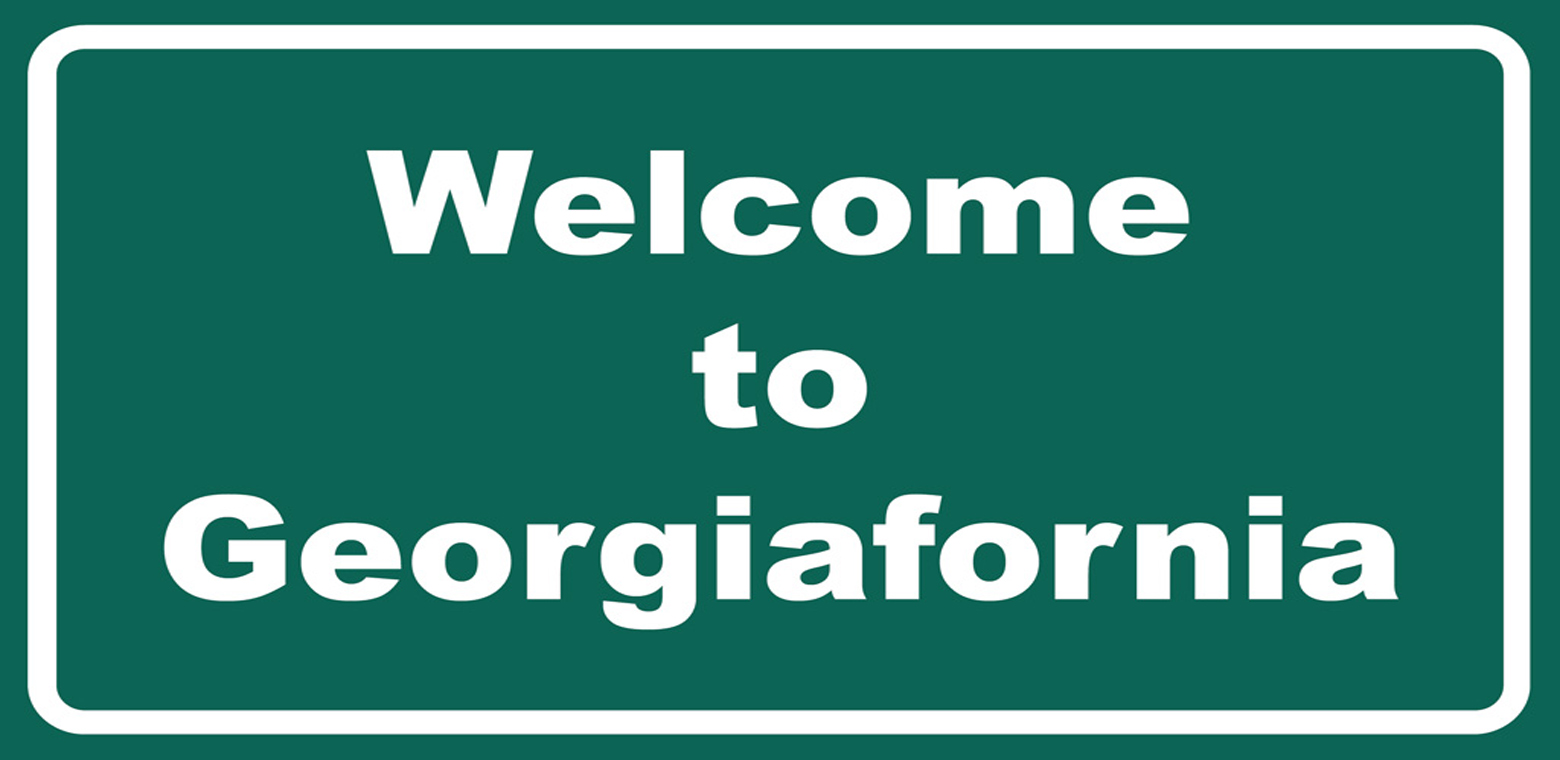























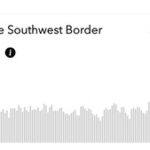

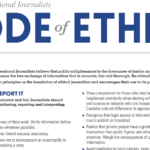
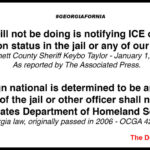





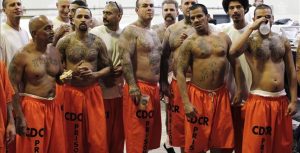



You must be logged in to post a comment.